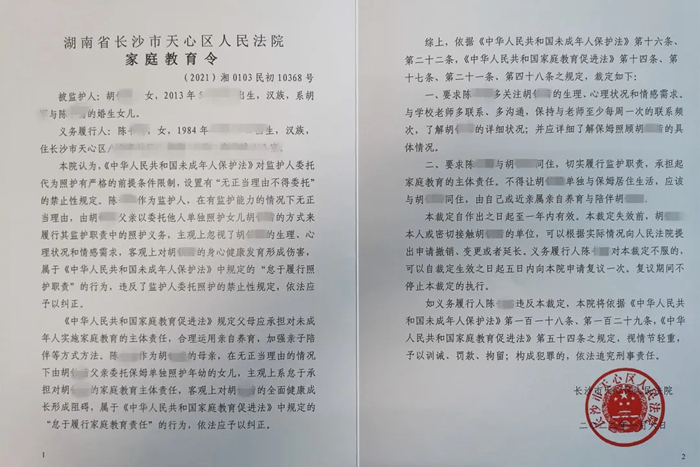US President Joe Biden walks on the South Lawn at the White House in Washington, D.C., the United States, May 10, 2023. [Photo/Xinhua]
The Biden administration"s new executive order restricting American investments in key Chinese technology industries represents an unfortunate escalation of strategic competition by the United States. This policy is an overreaction that risks fracturing the global innovation ecosystem to China"s detriment.
 (资料图片)
(资料图片)
Technology development is not a zero-sum game; collaboration expands the pie for mutual benefit. Knee-jerk restrictions in areas such as quantum computing, artificial intelligence and semiconductors will undermine advancement of these fields globally. China has made major indigenous advances, but still benefits greatly from the exchange of ideas, research and commercial partnerships.
Blanket restrictions treat Chinese tech companies as threats. In reality, technologies are dual-use, and their impacts depend on how they are applied. Restricting the US" investments prevents mutually beneficial cooperation, and risks reducing America"s own access to innovations being made in China. It may protect some of the US" security interests in the short-term, but at the expense of long-term technological leadership.
China"s own investment restrictions are primarily about ensuring foreign companies operate appropriately in China. They do not seek to decouple China from the world. The US" attempt is to isolate China entirely in these sectors due to ideological fears. This exaggerates the China threat and will force third countries to pick sides unnecessarily.
Quantum computing is a major field, with homegrown research making rapid progress. But international collaboration remains highly beneficial. Severing US private sector links may slow China"s development, but will not stop its rise as a quantum leader. America also risks falling behind in this field by cutting itself off.
Likewise in semiconductors, China"s capabilities grow annually, but the US still leads in most advanced areas. Rather than invest in its own competitiveness, America now tries to undermine China"s semiconductor industry entirely. This represents an insecure overreaction that will hurt America"s reputation among allies and global markets.
Instead of blanket bans, prudent export controls on highly sensitive technologies would address concrete security risks while maintaining most commercial cooperation. Current US policy reflects unreasonable fears of any Chinese economic or technological progress. It aims to curb China"s development outright, which China cannot accept.
Further economic decoupling could damage businesses, consumers and investors in both countries. China seeks global integration, not bifurcation into competing technological spheres. With coordination, win-win development remains achievable in most tech arenas. The US should reconsider its confrontational approach, which will meet Chinese resistance while harming America"s own interests.
China urges the US to take a cautious and restrained approach. Banning private sector links should be an absolute last resort, not the default option. While China is still assessing countermeasures, unwise US restrictions will inevitably meet reciprocal responses. Wiser policymakers in America should prevail and reverse this destabilizing policy before damage becomes irreparable.
These investment bans represent an anxiety-driven US overreaction that impedes China"s progress but ultimately isolates and weakens America itself. China seeks cooperation where possible, but will defend its interests resolutely. If America retreats into fear and mistrust, it risks sabotaging its own long-term competitiveness while also fueling tensions. With wisdom, mutual benefit still awaits those on both sides who engage in good faith. This misguided policy undermines that goal to no one"s benefit.






















































































































 检察官担任法治副校长有了“指挥棒”
检察官担任法治副校长有了“指挥棒” 全国首份《家庭教育令》来了!督促家长“依法带娃”
全国首份《家庭教育令》来了!督促家长“依法带娃” 俄军装甲车辆将具备隐身能力
俄军装甲车辆将具备隐身能力